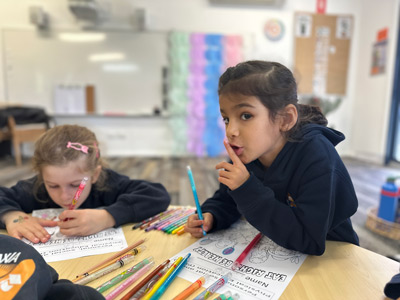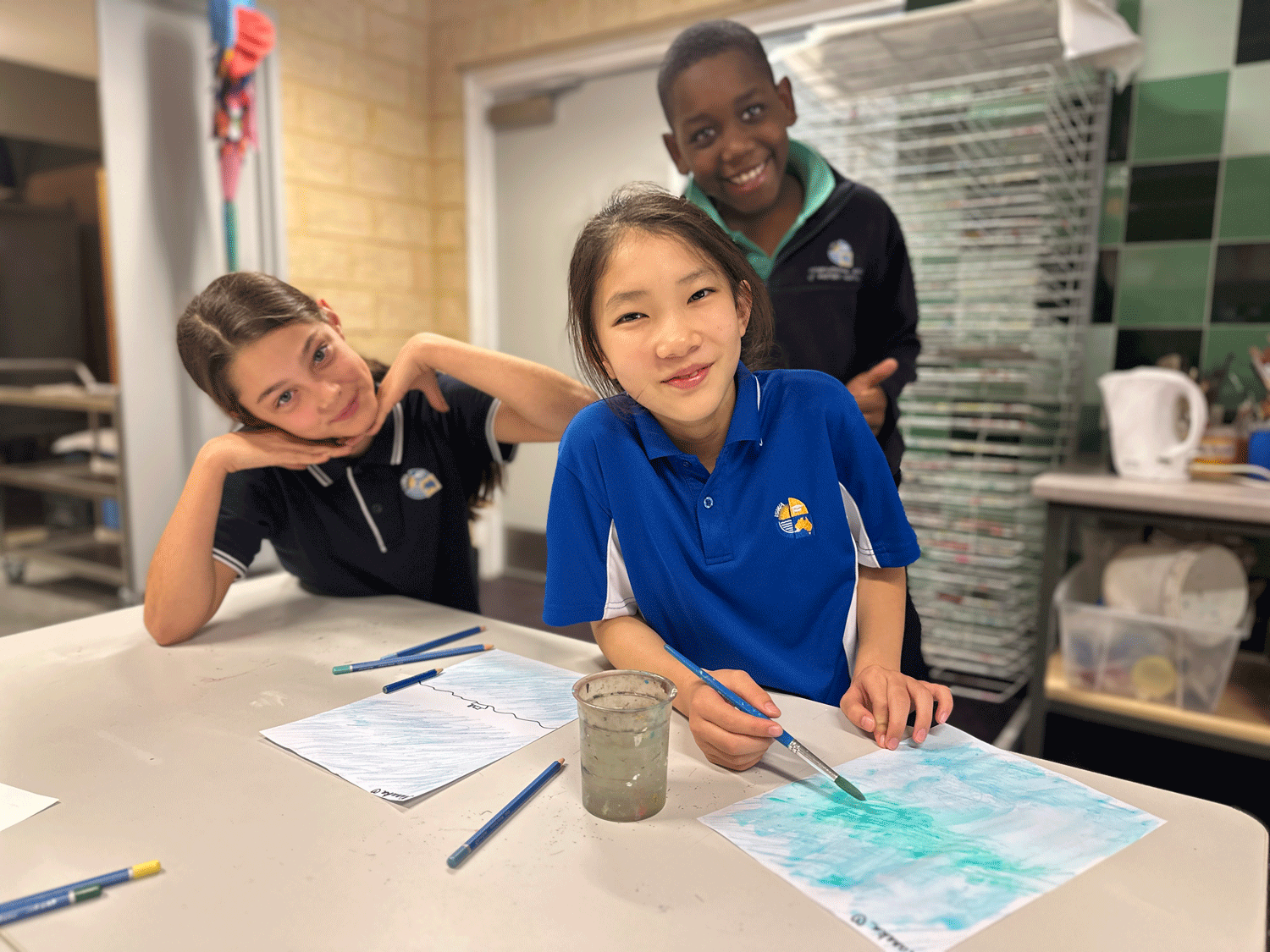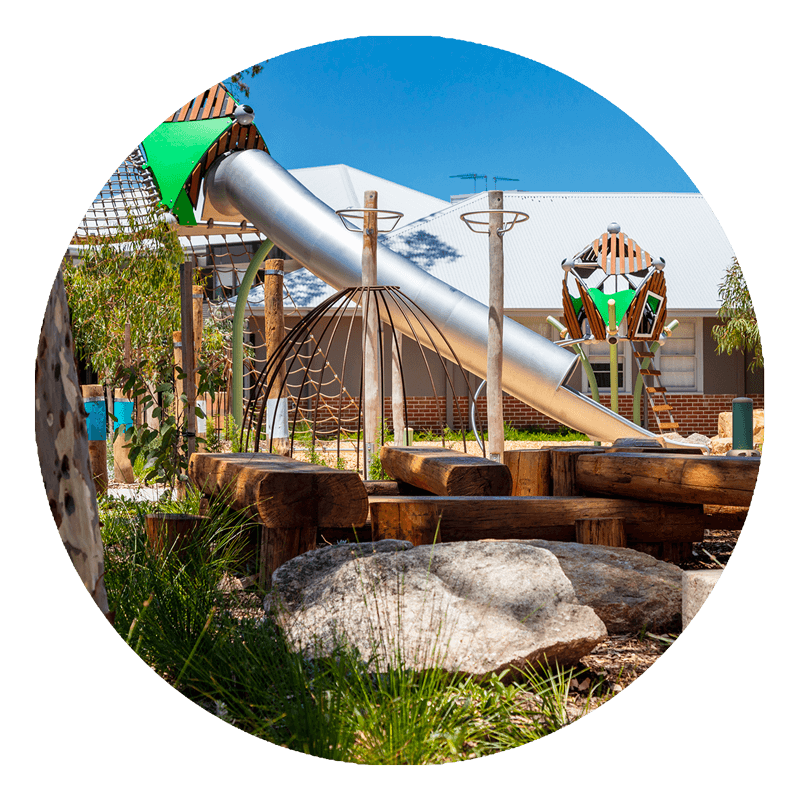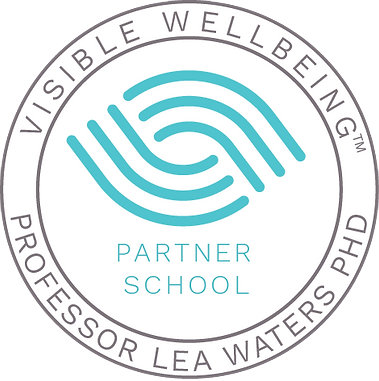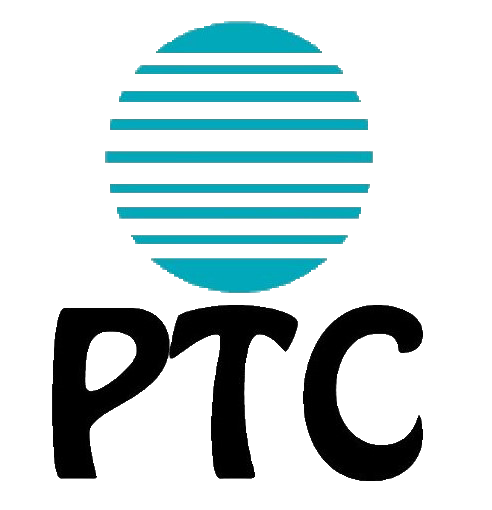Try asking people what FUN means to them – how they recognise it in others, how they feel it themselves and to describe the circumstances in which fun manifests. It’s tricky. Universal definitions of ‘fun’ don’t exist, nor is it something that can be readily quantified, but we all know when we’re experiencing fun.
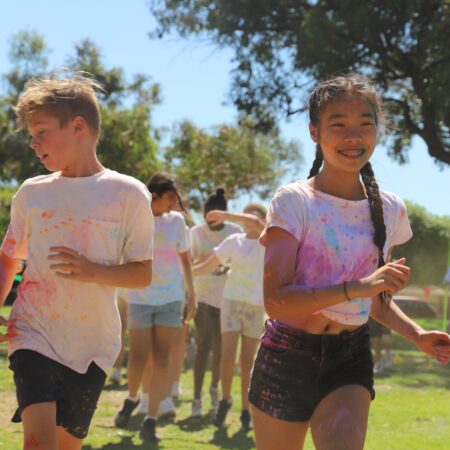
The Colour of Fun
Friday afternoon, January 19, was fun. Why? Because our entire ISWA school community joined together, with a tangible, meaningful goal, to participate in some (colourful), laugh- out- loud fun. Doing something so counterintuitive i.e., breaching the rules of etiquette and civility by targeting others with ‘paint’’, mucking up, not concerning ourselves with grubbing our clothing, stimulated laughter. It offered us permission to see each other in a novel context, to witness different aspects of our personalities and to ‘step outside’ our normal personas. We had a licence to play up; we were sanctioned to be naughty.
Catherine Price, author of The Power of Fun: How to Feel Alive Again, and a science writer, says that rather than just being “frivolous”, fun is absolutely essential for our mental and physical health. How having more fun can enrich your relationship . Price proposes that fun ‘counters the harmful effects of stress and isolation, both of which raise the levels of the stress hormone, cortisol’. Consistently raised levels of cortisol can predispose us to some diseases. “When we have fun, we’re socially connected and relaxed, both of which lower cortisol levels,” Price says. Her beliefs about fun, comprising three elements, ‘playfulness, connection and flow’ are the result of discussions with people across the world about moments when they experienced the most fun. (Why having fun is the secret to a healthier life ) TED Talk.
A Fun Research Topic
It seems contrived to try and justify/explain the advantages of fun but ample evidence exists. Fun fosters and enhances our relationships. It can eliminate barriers to communication, develop trust and encourage empathy. Whether we participate in spontaneous fun or willingly collaborate in more ‘planned’ fun, we’re taking risks. We’re tossing aside the shackles of the norm and the predictable and adopting alternative guises. This can be revealing and allow others to then view us through different lenses, perhaps more curiously, more compassionately and as fellow, flawed humans. We’re reminded that even though fun can have many historical, cultural, regional and even religious underpinnings, there is also a certain universality to it. Who can resist the contagious giggles of young children in moments of flow whilst safe, loved and at play.
Doris Bergen, a professor at Miami University’s Department of Educational Psychology in ‘Want resilient and well-adjusted kids? Let them play‘ is quoted as saying that: “Play is one of the main ways that children really consolidate their learning. The way we really make our skills permanent and enriched and highly developed, is often through our play experiences.”
Dr Stuart Brown, founder of the National Institute for Play in the USA, reminds us, though that play is “…not frivolous and not just for kids, but something that is an inherent part of human nature.” The authors of: The importance of adult play explain that play ‘… fuels imagination, creativity, problem-solving abilities, and emotional well-being.’ Travis Tae Oh Ph.D. in What is the underlying psychology of having fun posits that ‘…an essential characteristic of fun is the sense of liberation… a state of hedonic engagement…’ with enjoyment as the only intended goal. This view is corroborated by Mike Rucker (How to start having more fun) an organisational psychologist, and behavioural scientist who cites the ‘hedonic flexibility principle’ investigated by scientists at MIT, Harvard, Stanford (2016).
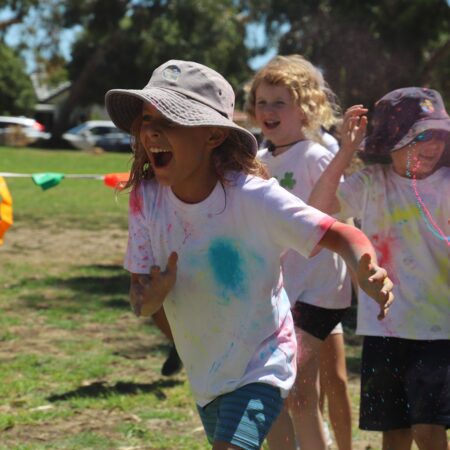
The consistent message from the experts, then, is to dismiss any pre-existing notions we may have about fun being unproductive or unimportant. It was clear at our ‘Colour Run’ that fun can be not only memorable but terrifically enjoyable.
Perhaps our wellbeing would benefit from intentionally aiming for MORE FUN every day.

